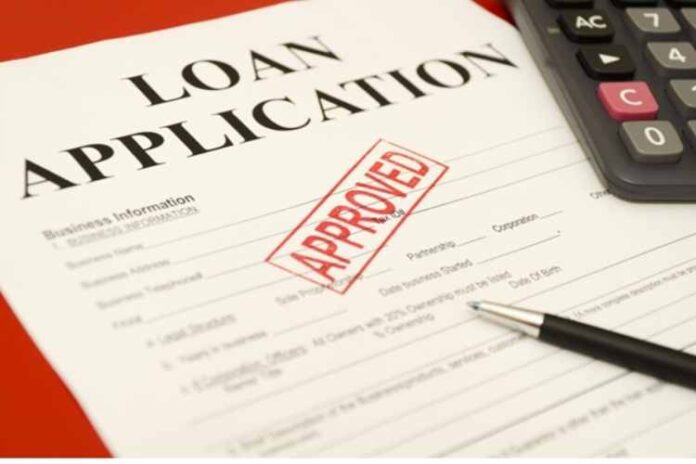Do you want to buy a new home? What about thinking about going back to school? Do you want to consolidate debt?
Loans could be administered for different reasons for different uses. As a loan seeker, you should be familiar with all the different types of loans available, so you can make an informed decision on which loan will benefit you most.
Read on to learn more about loans and choose the type of loan that is right for you!
Fixed Loans
Fixed loans are a type of loan where the interest rate is set for the life of the loan, meaning it will not change over time. The repayment structure for fixed loans is a fixed amount each month, which includes both the principal and interest.
You can get fixed loans for different lengths of time, from 1 year to 30 years. The longer the loan, the lower the monthly payments, but the higher the total amount you will need to pay back.
This makes it easy to budget for your loan repayments, as you will always know how much you need to pay. Fixed loans also tend to have lower interest rates than variable loans, making them a good option if you are looking to save money on your loan.
Variable Loans
Variable loans have an interest rate that can fluctuate over time in response to changes in the market. The monthly payments on this loan also change when the interest rate changes. The repayment structure for a variable loan is typically shorter than for a fixed-rate loan, which has constant monthly payments for the life of the loan.
Because variable-rate loans have lower monthly payments at first, they may seem like a good option for borrowers who are trying to save money. But if interest rates rise, the monthly payments on a variable loan can become unaffordable. For you to learn more, borrowers of a variable loan should be aware of the potential risks and make sure they can handle the monthly payments if the interest rate increases.
Equity Loans
An equity loan is a loan that is secured by the equity in your home. Equity is the difference between the appraised value of your home and the balance of your mortgage.
For example, if your home is appraised at $250,000 and minus your mortgage balance of $100,000, you have $150,000 in equity. You can usually borrow up to 80% and cannot exceed 85% of the equity in your home, explained in partnership of Next Advisor with TIME. So, in this example, you could borrow up to $120,000.
Equity loans are repaid in monthly installments, much like your mortgage, over a fixed period of time, typically five to 15 years, and are often used to finance home improvements, pay off debt, or make large purchases. Another repayment structure is an equity loan a lump sum payment at the end of the loan term, with interest paid throughout the life of the loan.
Pick the Type of Loan You Need
The most important factor when choosing a loan is to make sure that the payments fit into your budget. Other important factors to choose a loan are the interest rate, the term of the loan, and the fees associated with the loan. Once you have considered all these factors, you can pick the type of loan that you need and that will work best for your situation.
If you’re looking for more guidance on mortgages as well as other home loan options, check out our other blog posts!


